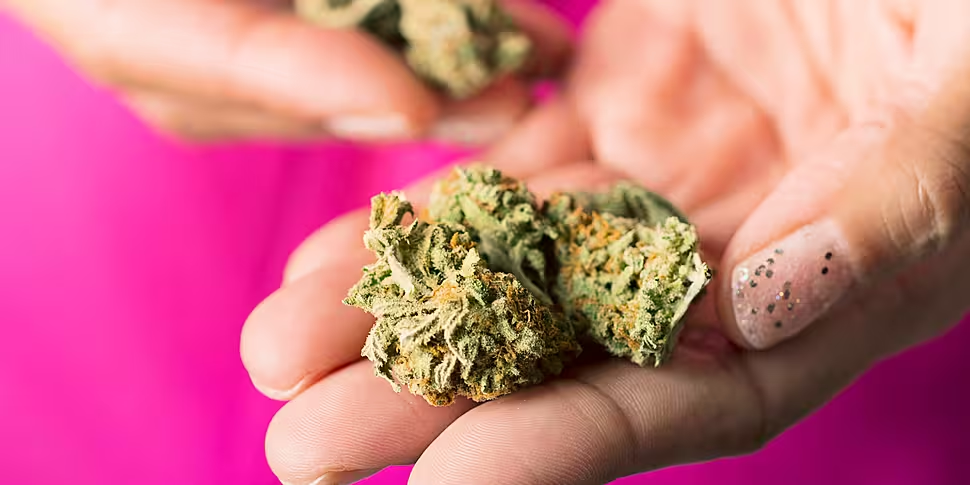A minister says there is “no desire” in Government to decriminalise drugs.
Narcotics have been decriminalised in countries such as Portugal, meaning those caught with small amounts of narcotics for personal use aren’t prosecuted.
This has led to significant drops in overdoses and drug-related crime.
Campaigners have called for a similar strategy in Ireland, saying it would be a change in the interest of public health.
However, junior health minister Frank Feighan says there are no plans to follow that approach in Ireland.
He said: "At the moment, there is no, I suppose, desire at Government-level to decriminalise or legalise drugs - cannabis as well.
"Cannabis is a drug, and it's a dangerous drug - the same as tobacco and alcohol. It needs to be regulated to a certain extent."
He told the Oireachtas Health Committee narcotics cannot be decriminalised in Ireland due to Ireland’s legal system - saying Portugal's approach is "not compatible" with the system here.
However, that claim has been disputed by experts.
After getting responses from several experts, seems there are no legal barriers stopping Ireland from decriminalising drugs.
Consensus was: It's not that the government *can't* change the law. It's that it doesn't want to. https://t.co/yI5xLivRaa— Paul O'Donoghue (@paulodonoghue93) January 19, 2022
Meanwhile, the Government has been accused of continuing a failed “war on drugs”.
Independent senator Lynn Ruane says Minister Feighan's comments show the Government is still pursuing a failed strategy.
He said: "The war on drugs costs lives - it's discriminatory, it's moralistic, it's a breach of civil rights, and it criminalises poverty.
"If you want to focus on drug use, you need to forget the type of drug that's being used, and you need to look at poverty and marginalisation."
Additional reporting by Stephen McNeice









